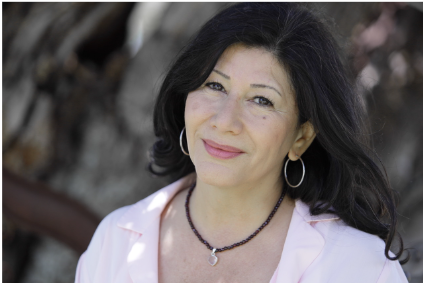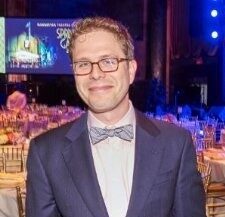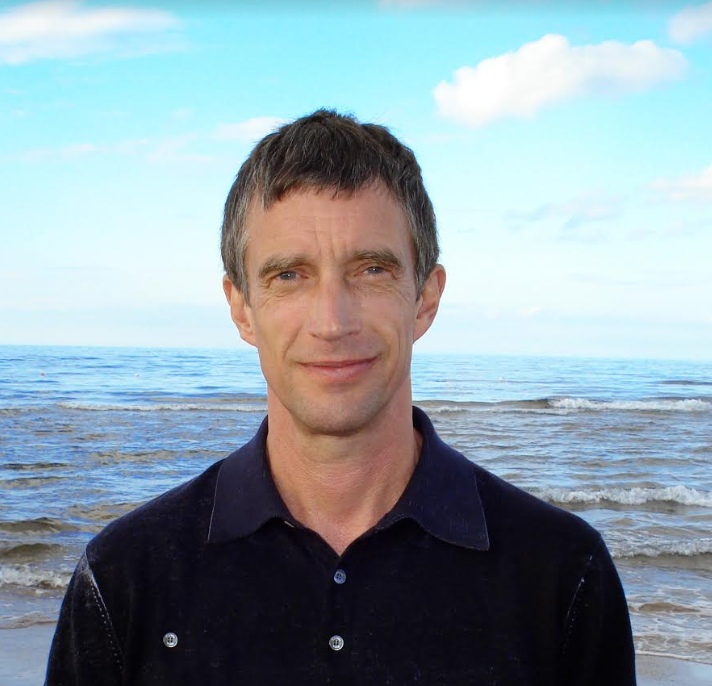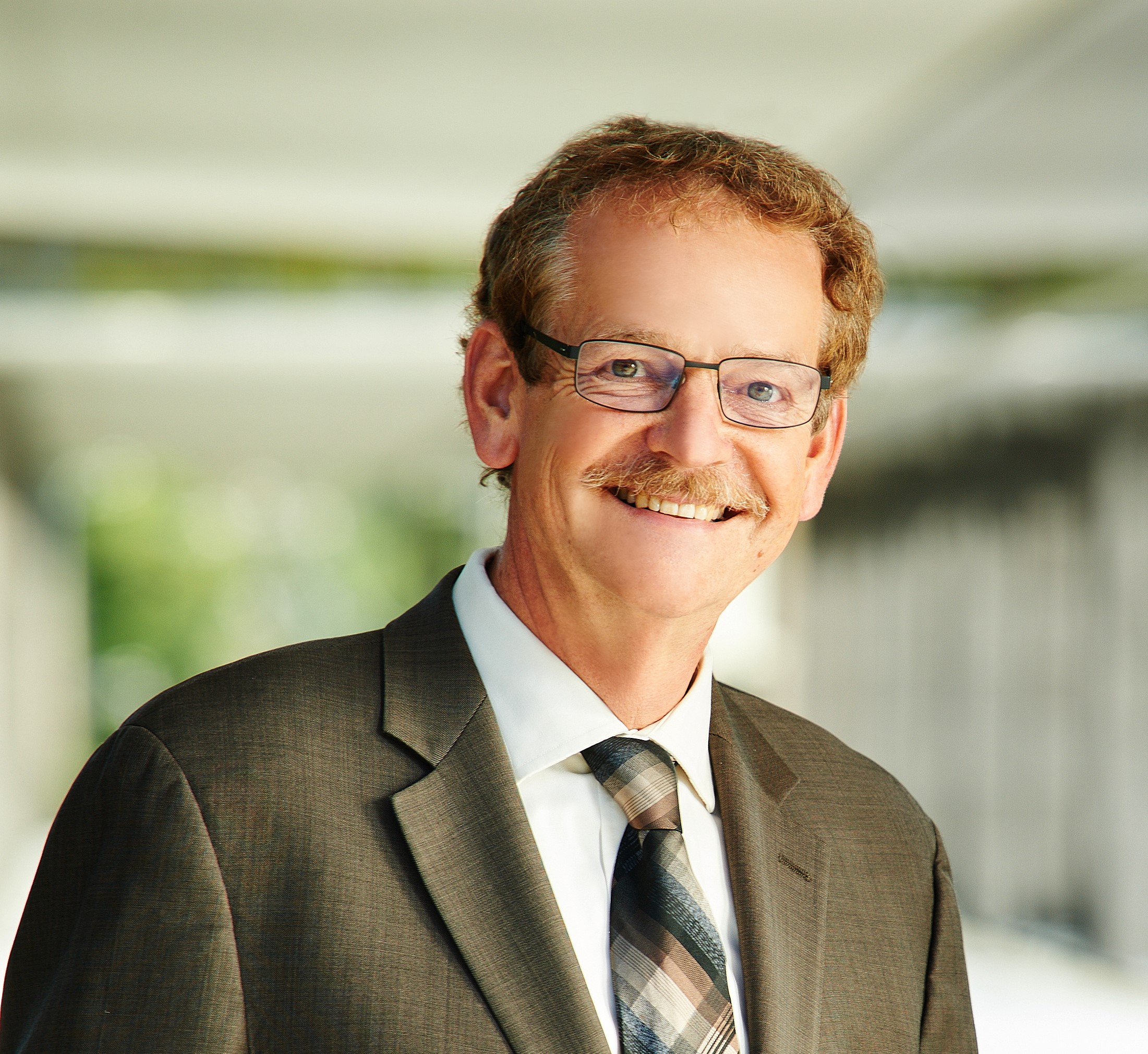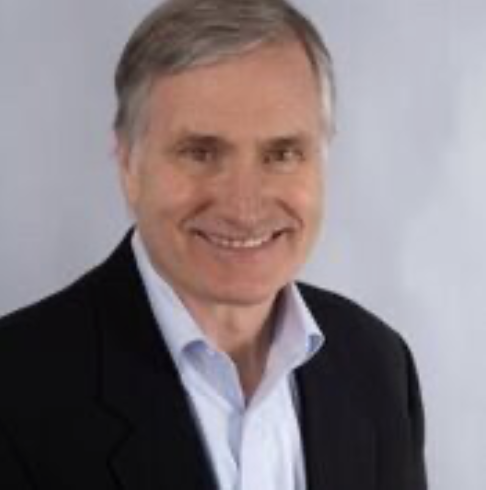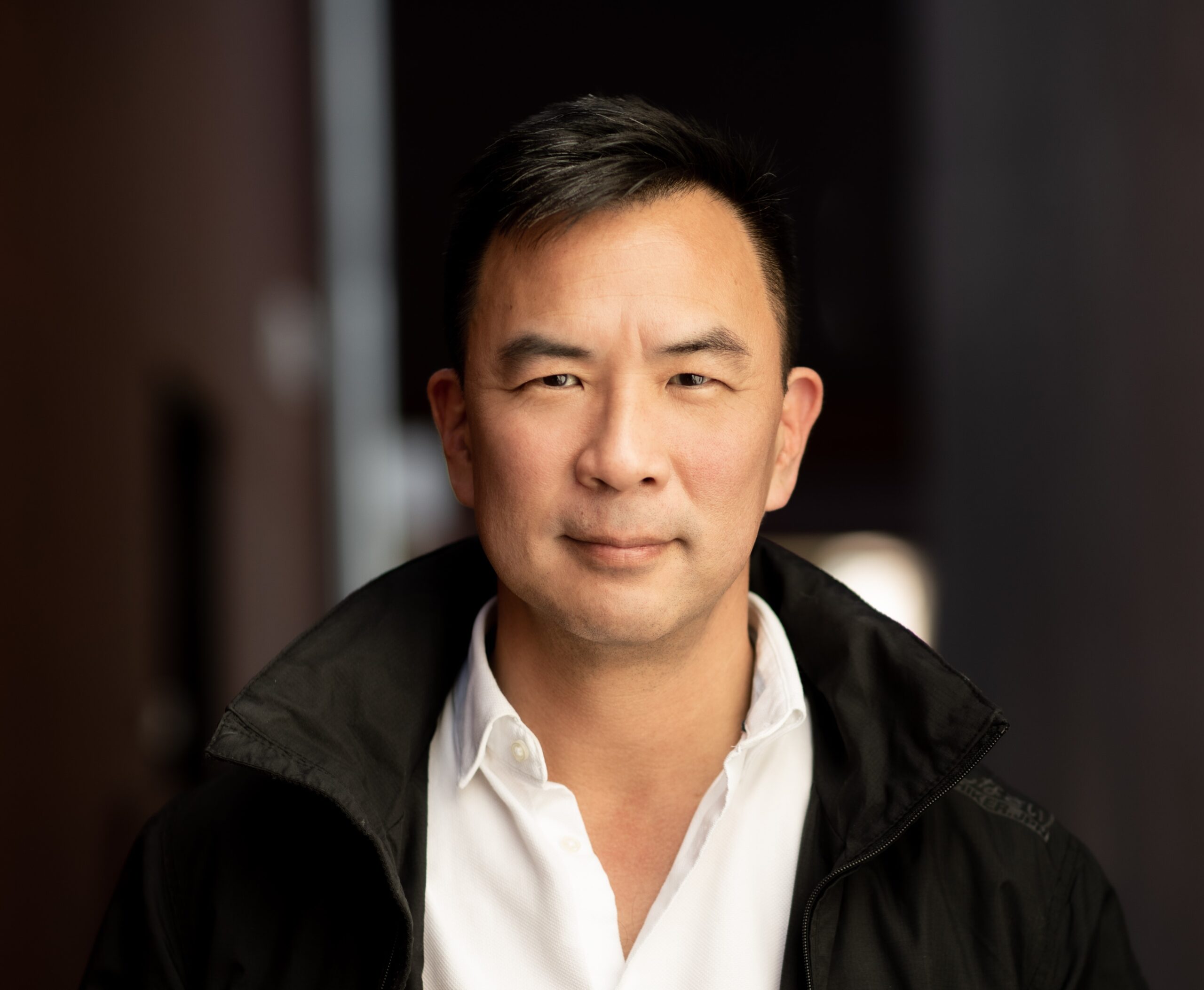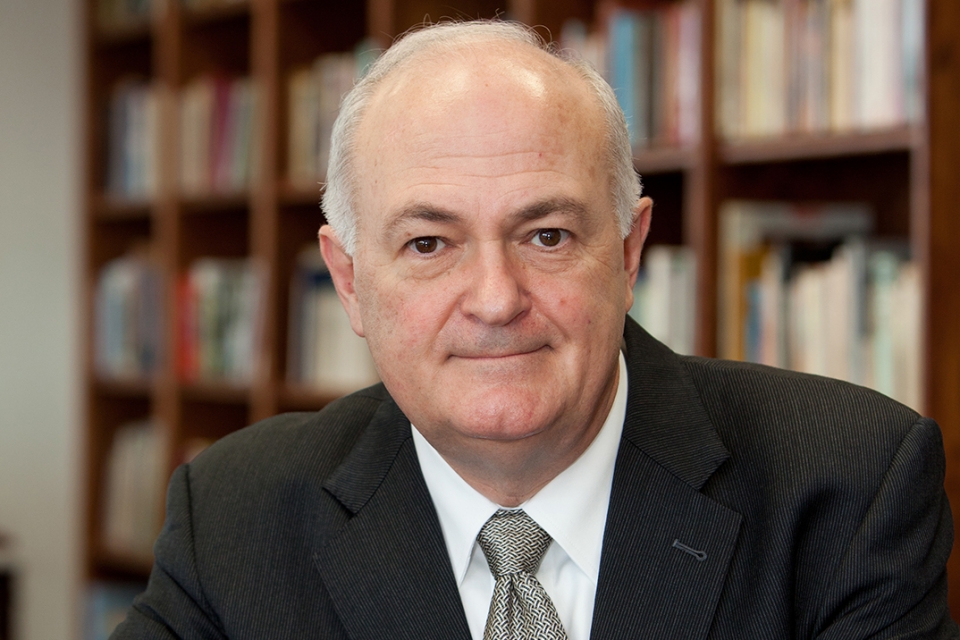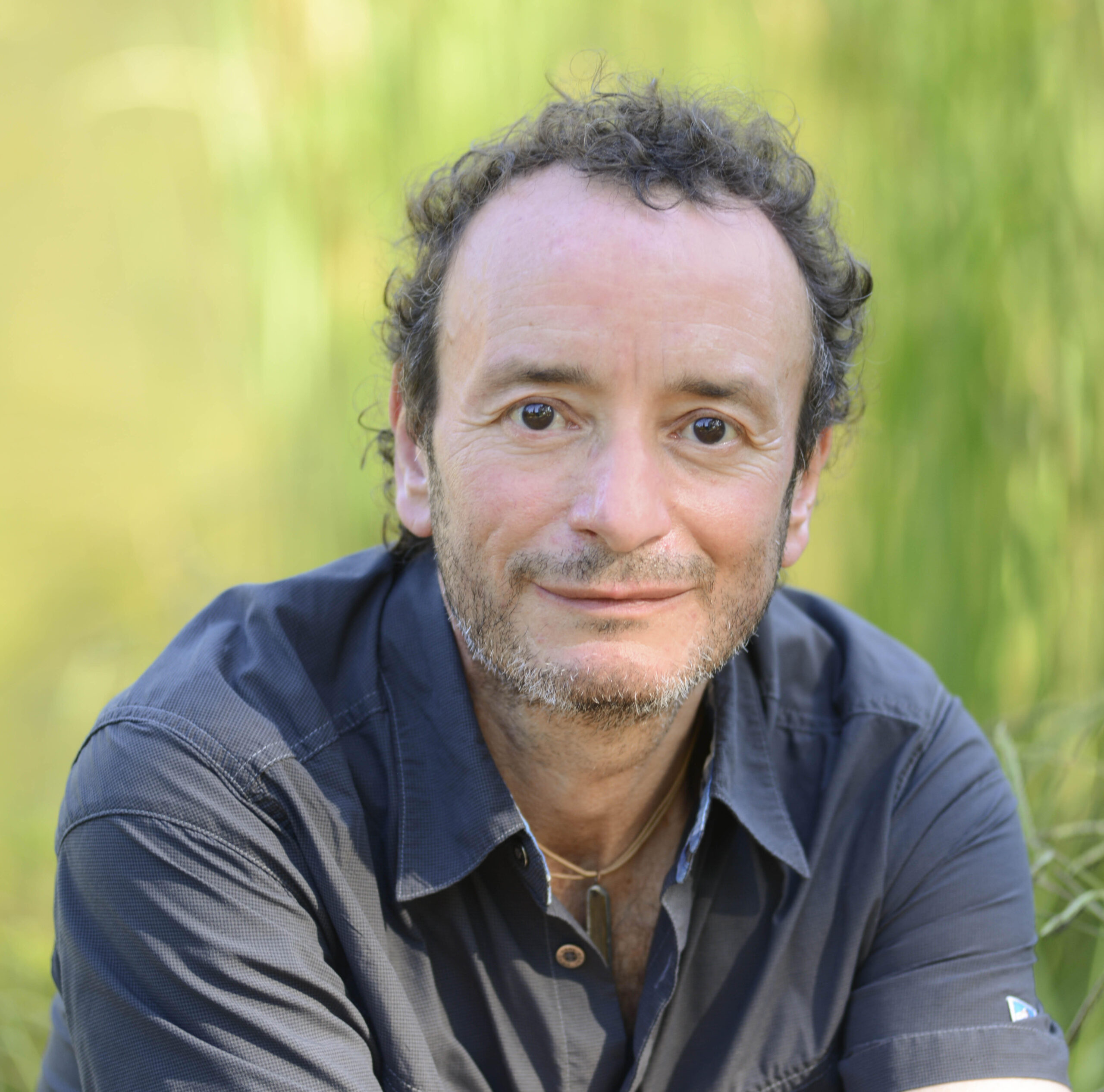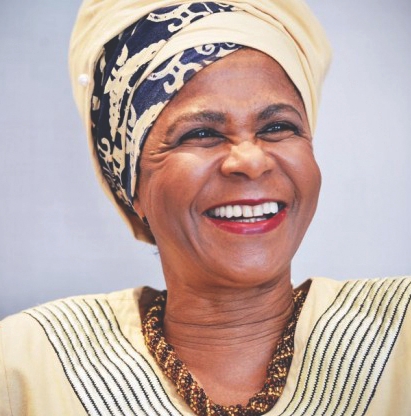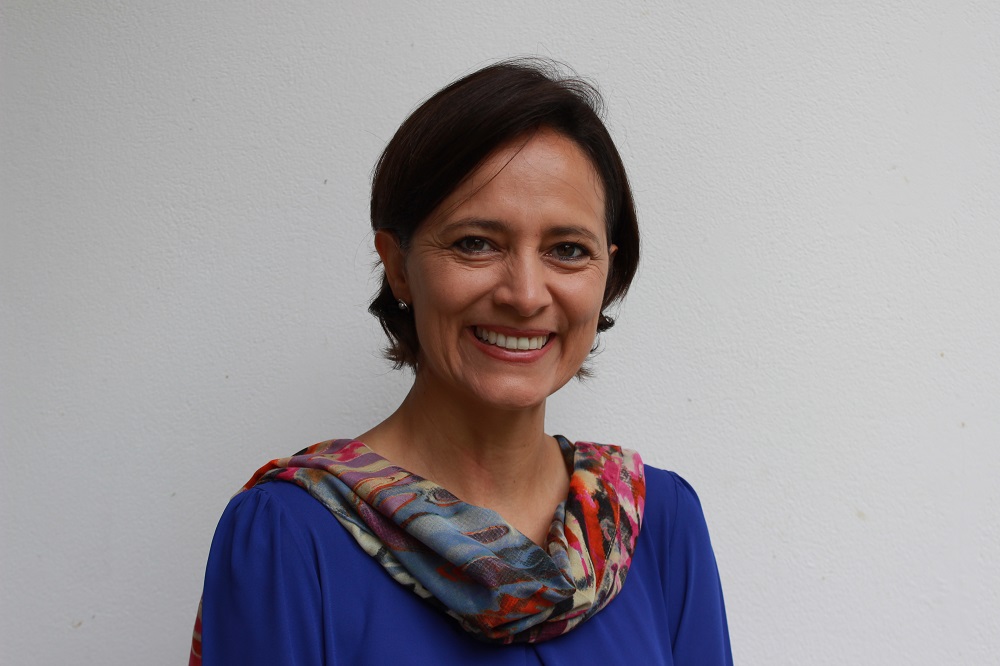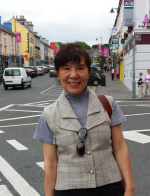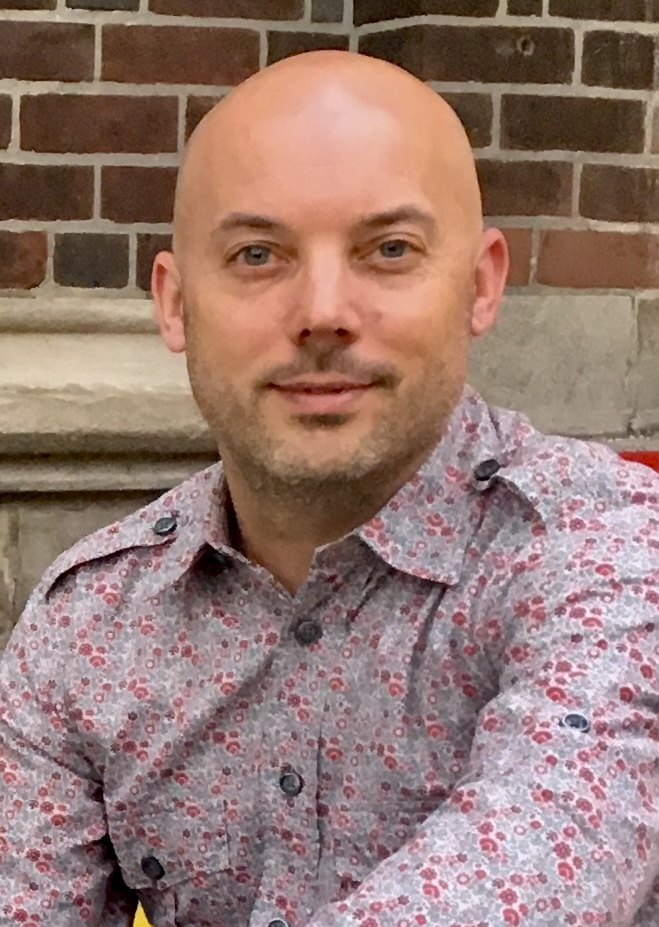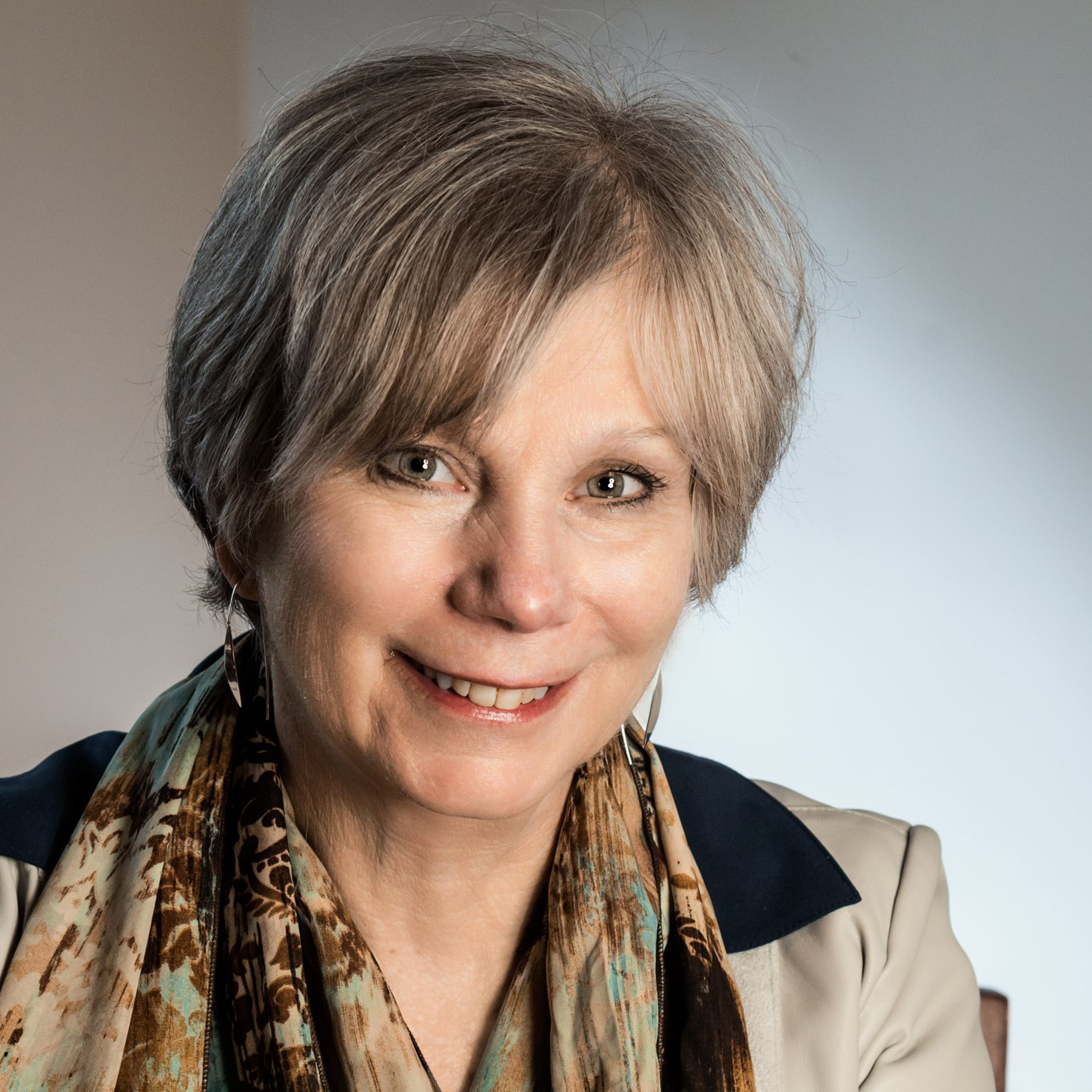Board of Directors
Atossa Soltani
Atossa Soltani is the director of global strategy for The Amazon Sacred Headwaters Initiative, an alliance of 30 indigenous nations working to permanently protect 86 million acres in one of the most biologically diverse ecosystems on Earth in Ecuador and Peru. The initiative is advancing a just ecologic-economic transition based on the indigenous principles of harmony and reciprocity and focused on communities and ecosystems flourishing.
Atossa is also the founder and board president of Amazon Watch and served as the organization’s first executive director for eighteen years. She is one of the co-founders of Artists for Amazonia and a contributing author to the Science Panel for the Amazon. Atossa is the Hillary Institute 2013 Global Laureate for Climate Leadership and in 2015, received the Hillary Step Prize for building a broad movement for leaving fossil fuels in the ground. She served on the board of trustees of The Christensen Fund from 2008- 2017 and was board chair from 2011-2016
Soltani has been researching and publicizing human rights abuses and environmental destruction caused by extractive industries and large-scale infrastructure projects throughout the Amazon for three decades. She is a story-teller, campaign strategist with experience working with indigenous organizations and nations on their strategies for protecting their rights and territories. Atossa is currently a producer of a feature-length documentary film titled The Flow about learning from nature’s genius. Prior to starting Amazon Watch, Atossa directed campaigns at the Rainforest Action Network (1992-1996) that helped end clear-cut logging in British Columbia and convince Hollywood Studios to phase out the use of tropical hardwoods in movie sets. She began her career in the 1980’s as the Conservation Director for the City of Santa Monica. Ms. Soltani received her B.S. in public policy from the University of Akron and speaks Spanish, English, Persian, and Portuguese.
Atossa Soltani
Board Member
Atossa Soltani is the director of global strategy for The...
Ben Lasser
Ben Lasser (Interim Director of Development, Manhattan Theatre Club, NY) is a development professional who has spent over a decade in New York working for some of the city’s most prominent arts organizations, including The Public, Atlantic Theater Company, BAM, Manhattan Theatre Club, and The Shed, where he developed and launched the membership programs for the new multi-disciplinary arts center. He then returned to Manhattan Theatre Club to helm their annual fundraising efforts. In addition to EcoCiv, he sits on the board of Pipeline Theatre Company.
Ben Lasser
Board Member
Ben Lasser (Interim Director of Development, Manhattan Theatre Club, NY) is a...
John Buchanan
John Buchanan received his Masters degree in humanistic/transpersonal psychology from West Georgia College, and his doctorate from the Graduate Institute of the Liberal Arts at Emory University. He has been trained and certified as a Holotropic Breathwork practitioner by Stan and Christina Grof. Currently, he is writing a book based upon his continuing interests in process philosophy and transpersonal psychology. Dr. Buchanan also serves as president of the Helios Foundation.
Send correspondence to: John Buchanan, 2631 Northern Road, #900, Appleton, WI 54914; or to [email protected].
John Buchanan
Board Member
John Buchanan received his Masters degree in humanistic/transpersonal psychology from West...
Philip Clayton
Philip Clayton is the president of the Institute for Ecological Civilization. As a visionary thinker, Philip leads EcoCiv in expanding and deepening its mission at the intersections of environment and humanity. With several decades of experience in university-based research, teaching, and lecturing, Philip is involved in the conceptual development of all EcoCiv’s projects and ensures mission fit. In particular, he helps project leaders think about intersectional societal changes relevant for their particular projects. Philip holds the PhD from Yale University; has held guest professorships at Harvard, University of Cambridge, and University of Munich; and is the author or editor of several dozen books and some 300 articles on science, ethics, and religion.
Philip Clayton
President
Philip Clayton is the president of the Institute for Ecological Civilization....
John Fahey
John Fahey serves as the Chairperson of The Cobb Institute and as an Adjunct Philosophy Instructor at The University of La Verne. He is a graduate of the Starr-King School for Ministry, a member school of the Graduate Theological Union in Berkeley California and also studied philosophy and religion as an undergraduate student at Colgate University. John has held a number of counseling and leadership positions in a variety of nonprofit organizations, including Unitarian Universalist Congregations and various counseling centers. John is also a retired technology industry sales executive where he led sales and marketing teams for a number of technology companies managing fortune 100 companies. John has a passion for education and is a partner and President of Reading Ways, a company designed to ensure high-quality literacy instruction in all content areas for a school system. Reading Ways believes that all students should leave secondary school able to use reading and writing to participate effectively in society in a variety of roles, be it as a private individual, citizen, or employee. John and his wife Cyndy live in Claremont California and are the proud parents of four adult children.
John Fahey
Board Member
John Fahey serves as the Chairperson of The Cobb Institute...
Louis Kim
Louis Kim is a Vice President in HP’s 3D printing division in San Diego. A graduate of Brown University and Yale University, Louis speaks and writes on leadership, ethics, innovation and productivity. He is also actively involved as a coach and consultant in the nonprofit sector, having been a co-founder of a non-profit. He currently serves on the boards of the Yale Center for Faith and Culture at the Yale Divinity School and the Dominican School of Philosophy and Theology, and has been actively advising EcoCiv on core growth strategies and international water projects.
Louis Kim
Board Member
Louis Kim is a Vice President in HP’s 3D printing...
Steven Knapp
Steven Knapp is President and CEO at Carnegie Museums of Pittsburgh. Upon assuming his post in February 2020, one of his primary objectives has been to create a culture of collaboration between the museum’s unique mix of offerings, which include the Carnegie Museums of Art and Natural History, Carnegie Science Center, and The Andy Warhol Museum. Another of his primary objectives is to advance diversity and inclusion efforts at the museums, both from an internal and external perspective.
Dr. Knapp is President Emeritus and a former University Professor of English at the George Washington University. A specialist in English Romanticism, literary theory, and the relation of literature to philosophy and religion, Dr. Knapp taught at the University of California, Berkeley before serving as dean of arts and sciences and then provost of the Johns Hopkins University. During his two tenure as GW president (2007-2017), his priorities included enhancing the university’s partnerships with neighboring institutions, expanding the scope of its research, strengthening its worldwide community of alumni, enlarging its students’ opportunities for public service, and leading its transformation into a model of urban sustainability.
The author of three books and numerous articles, he earned his bachelor’s degree at Yale University and his master’s and doctoral degrees at Cornell University.
Steven Knapp
Board Chair
Steven Knapp is President and CEO at Carnegie Museums of Pittsburgh....
Jeremy Lent
Jeremy Lent is an author and speaker whose work investigates the underlying causes of our civilization’s existential crisis and explores pathways toward a life-affirming future. His award-winning books, The Patterning Instinct: A Cultural History of Humanity’s Search for Meaning, and The Web of Meaning: Integrating Science and Traditional Wisdom to Find Our Place in the Universe, trace the historical underpinnings and flaws of the dominant worldview, and offer a foundation for an integrative worldview that could lead humanity to a flourishing future. He has written extensively about the vision of, and pathways toward, an ecological civilization and is the founder of the Deep Transformation Network.
Jeremy Lent
Board Member
Jeremy Lent is an author and speaker whose work investigates...
Mamphela Ramphele
Dr. Mamphela Ramphele has had a celebrated career as an activist, medical doctor, academic,
businesswoman and political thinker. In 1968 she enrolled for a medical degree at the University of Natal, where she became involved in the South African Students Association (SASO) and was a founder, with Steve Biko, of the Black Consciousness Movement. In 1976 she was detained under the Terrorism Act, and from 1977 to 1983 she was banned to Tzaneen in the Northern Transvaal.
She has a PhD in Social Anthropology, a B Com degree, a Diploma in Tropical Hygiene and a Diploma in Public Health. In 1996 she was appointed Vice-Chancellor of UCT. In 2000 she became a managing director of the World Bank, based in Washington, DC, a post she held until end of 2004. Dr Ramphele has served as chairperson of many boards and is a founding trustee of the Nelson Mandela Foundation since inception in 1999. She was a founder of the Open Society Foundation for South Africa and the Citizens Movement and is Co-Founder of ReimagineSA. In October 2018 Dr Ramphele was appointed co-president to The Club of Rome, her term ending in 2023. She is Chair of the Desmond Tutu IP Trust. Dr Ramphele was one of the founders of the Black Consciousness Movement that identified psycho-social liberation as a prerequisite of true emancipation of a people. That emancipation starts with self-liberation that unleashes the full human potential. Leap Schools is a living model of this revolutionary idea.
She is the author of several books and publications on socio-economic issues in South Africa, including A Passion for Freedom, Laying Ghosts to Rest and Conversations with my sons and Daughters, her latest book Dreams, Betrayal and Hope is her analysis of ‘the state of the nation’ in South Africa.
Ramphele has received numerous national and international awards acknowledging her scholarship and leading role in spearheading projects for marginalized people in South Africa and elsewhere.
Mamphela Ramphele
Board Member
Dr. Mamphela Ramphele has had a celebrated career as an...
Marina Gattás do Nascimento
Marina Gattás do Nascimento is a political scientist, with experience in human rights law, public policy and creative industries. Her work at Wellbeing Economy Alliance (WEAll) focuses on supporting cultural initiatives that challenge our understanding of where we came from and where we are going, as well as supporting the promotion of wellbeing economy ideas, policies and practices in Latin America, her homeland. She’s also heavily involved with the WEAll Brazil Hub.
Prior to WEAll, Marina worked at the Brazilian National Congress as a parliamentary advisor, coordinating novel participatory and civic engagement initiatives, at Brava Foundation, advising hundreds of governments on public finance, evidence-based policymaking, and public management, at CEJIL (Center for Justice and International Law) Mesoamérica, and at the NY Bar Association’s Vance Center for International Justice. She has also taught courses in political communications and mentored female candidates through election cycles.
Marina holds a BA in Political Science from Brown University and an MBA in Public Administration from Insper. She’s lived in Brasília and São Paulo (Brazil), Richmond and Providence (US), Paris (France), and San José (Costa Rica). She is currently based between Sao Paulo, Brazil, and any beach town at her reach.
Marina Gattás do Nascimento
Board Member
Marina Gattás do Nascimento is a political scientist, with experience...
Mirian Vilela
Mirian Vilela is the Executive Director of the Earth Charter International Secretariat and the Center for
Education for Sustainable Development at UPEACE. Mirian has been working with the Earth Charter Initiative since early 1996. She coordinates the UNESCO Chair on Education for Sustainable Development with the Earth Charter and served as a member of the UNESCO Expert Reference Group for the Decade of Education for Sustainable Development (DESD). Over the years she has led and facilitated numerous international workshops, courses and seminars on values and principles for sustainability. Prior to her work with the Earth Charter, Mirian worked for the United Nations Conference on Environment and Development (UNCED) for two years in preparation of the 1992 UN Earth Summit and a year at the United Nations Conference on Trade and Development (UNCTAD). She actively participated in the 2002 World Summit of Sustainable Development, held in Johannesburg, and the 2012 UN Conference on Sustainable Development/Rio+20.
Mirian holds a PhD. in Education from LaSalle University and a Master’s Degree in Public Administration
from the Harvard Kennedy School of Government, where she was an Edward Mason Fellow. She is originally from Brazil.
For more than 20 years, Mirian has facilitated consultation processes and workshops, and coordinated local, regional, and international projects. She has been working in the field of sustainability since 1990, when she worked for the United Nations Conference on Environment and Development (UNCED) in preparation to the 1992 UN Earth Summit. She has a PhD on Education from La Salle University, with a research focused on sustainability and global citizenship values education and holds a master’s degree in Public Administration from the Harvard Kennedy School of Government, where she was an Edward Mason Fellow. She lives in Costa Rica and is originally from Brazil.
Mirian Vilela
Board Member
Mirian Vilela is the Executive Director of the Earth Charter...
Song Li
Song Li serves as a Board member, Earth Charter International (ECI). She has been involved in the
drafting of the Earth Charter since 1998. Song worked with the World Bank as Senior Environmental Specialist in the Middle East and North Africa regions. She served as the Task Team Leader for environmental, agricultural, coastal zone management, and climate change adaptation projects in Algeria, Morocco, Tunisia, and Yemen. She was also the regional coordinator of the Global Environment Facility (GEF) for the Middle East and North Africa, covering projects in the areas of biological diversity, climate change (mitigation and adaptation), waste management, and land degradation.
Other contributions she has made include: designed the World Bank first climate change adaptation project in agricultural water management for China; responsible for capacity building projects in the area of climate change and biological diversity for the GEF. Song Li worked with the United Nations Environment Program (UNEP), Secretariat of the Convention on Biological Diversity in Geneva. She was the director, Division of Environmental Law, Legal Department in the Ministry of Foreign Affairs, China.
Her academic degrees include: Environmental Law LLM degree from the Law School, George Washington University; International Law Certificate from China Foreign Affairs University. She also studied French Literature in the Sorbonne, the University Paris III and VII, France. She obtained her first college degree of French studies at Beijing Foreign Studies University.
Song Li
Board Member
Song Li serves as a Board member, Earth Charter International...
Trevor Brisbin
Trevor Brisbin
Living in the heart of Toronto Canada, with his partner...
Sandra Waddock
Sandra Waddock is Galligan Chair of Strategy, Carroll School Scholar of Corporate Responsibility, and Professor of Management at Boston College’s Carroll School of Management. She has published over 170 papers and chapters and 15 books and received multiple lifetime achievement awards. Her newest book is Transforming towards Life-Centered Economies (Business Expert Press, 2020). Current research interests include transformational system change, memes and narrative, flourishing life, intellectual shamanism, management education, and wisdom, among others.
Sandra Waddock
Board Member
Sandra Waddock is Galligan Chair of Strategy, Carroll School Scholar...

